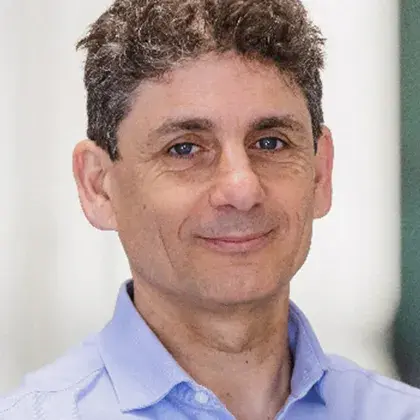News
Ludovic Dibiaggio: "Adapting the education world to the era of ai will take longer than we imagine."
Image

Nothing escapes Artificial intelligence (AI). Not even Education. For Ludovic Dibiaggio, a professor at SKEMA Business School whose research focuses on Innovation and Organizational dynamics, teachers and the world of Education will have to adapt to the revolutions it brings. But this will take “longer than we imagine”…
At a time when Artificial Intelligence is on everyone’s lips, perhaps it is healthy to go back to basics: what definition would you give it?
It is difficult to provide a single answer; there is no uniform definition of Artificial intelligence. After screening definitions from different research domains, the most satisfying definition we found is that artificial intelligence is a relatively autonomous system of automatic prediction. This predictive system allows for addressing questions or solving more or less predefined problems.
It is therefore not only inappropriate but also dangerous to try to equate artificial intelligence with human intelligence and compare them. Artificial intelligence is anything but intelligent: the learning processes are far from human learning based on a capacity for world representation.
Were you surprised, with the arrival of ChatGPT, by the extent of what this AI could do?
Indeed, I was. What surprised me was not the technology on which ChatGPT is based; it is built with a technology that has existed for a long time, the Large Language Models (LLM). Many scientific articles discussed it even before the emergence of ChatGPT. What really surprised me is its application scope; it is very broad. We are getting closer to a general-purpose AI that can provide highly relevant answers on very diverse topics. [...]
Read the full interview here


